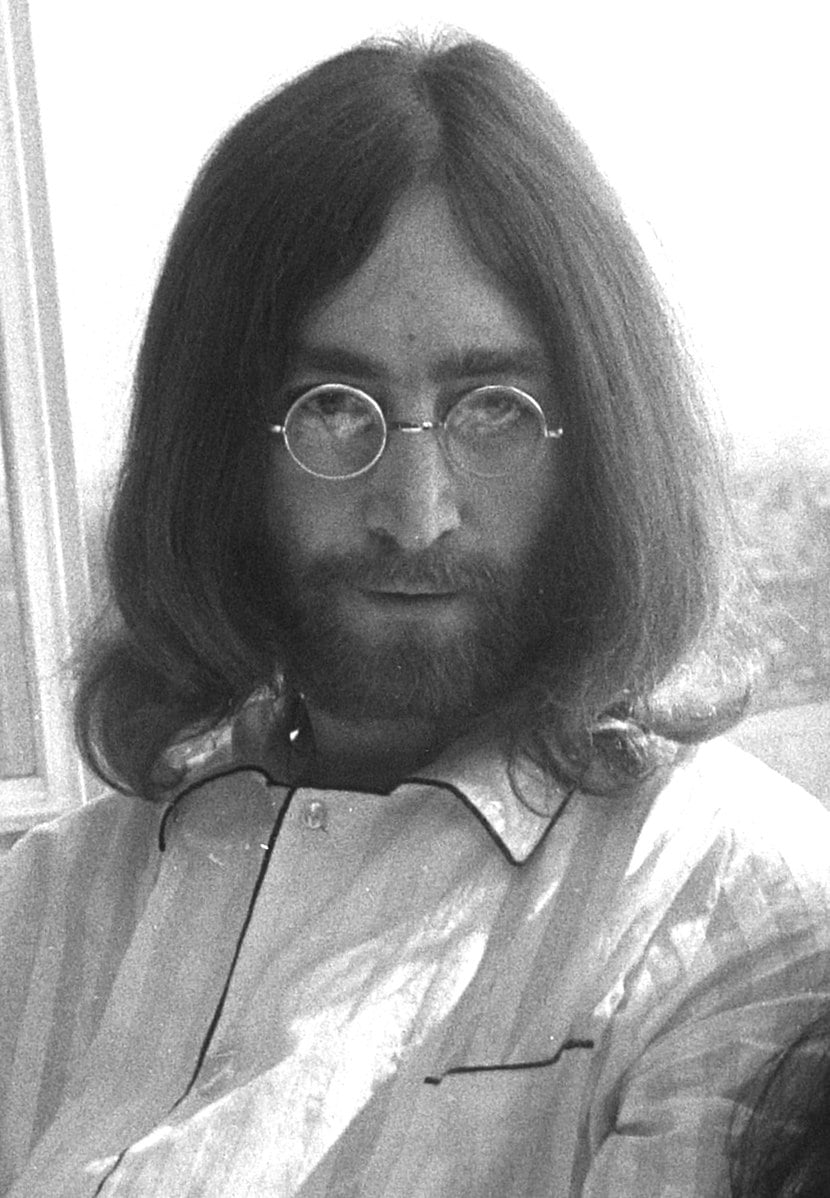Growth in Opposition to the Vietnam War (Edexcel GCSE History): Revision Note
Exam code: 1HI0
Summary
In democracies, the politicians and leaders of a country are chosen by its people in elections. People had strong anti-war opinions about America fighting Vietnam and this view became more popular as the war went on. As a result, in order to win elections, politicians in both America and around the world became more critical of the Vietnam War.
Why did political opposition to the Vietnam War grow?
Political opposition to the Vietnam War increased for several reasons:
An increasing number of voters did not support the war
Some politicians believed the South Vietnamese government was corrupt and the US should not support them
The cost of the war had led to government spending cuts (less money is spent on public services) back home as well as tax rises
They had seen the horrors of the war on TV and had heard appalling accounts from returning soldiers
How did Congress oppose the Vietnam War?
Opponents to the war came from both the Democratic and Republican political parties
The amount of opposition in Congress gradually increased as the war went on but was particularly strong after Nixon attacked Cambodia and Laos in 1970 and 1971
Nixon’s escalation of America’s involvement in Southeast Asia led to Congress withholding funding and revoking the Gulf of Tonkin Resolution
The impact of worldwide opposition to the Vietnam War
The war in Vietnam put a great strain on its friendships and relationships with other countries
Some countries had sent troops to fight alongside the Americans
These countries included:
South Korea
Australia
New Zealand
Much like in America, strong anti-war movements developed in these countries which put pressure on them to pull troops out.
Australia withdrew its troops in 1971 and New Zealand did the same in 1972
Other countries, such as Britain, Germany, Japan and Canada were supportive of the war but did not send troops
Anti-war movements grew in these countries leading many politicians and public figures to be openly critical of America’s involvement in Vietnam
There were major anti-war protests in these countries, including one in London’s Trafalgar Square that led to over 200 arrests
The leaders of these countries were often caught between wanting to be supportive of a major ally but also trying to please their own increasingly anti-war populations

Examiner Tips and Tricks
In question 3(c) you will be asked to suggest one reason why two interpretations have different views on a topic. The historians will have undoubtedly seen different sources of information and therefore reached different conclusions. However, to ensure you get four marks, try to identify which source supports each interpretation. You can then answer: “The author of Interpretation 1 would have read sources such as Source A because it implies…”

Unlock more, it's free!
Was this revision note helpful?
